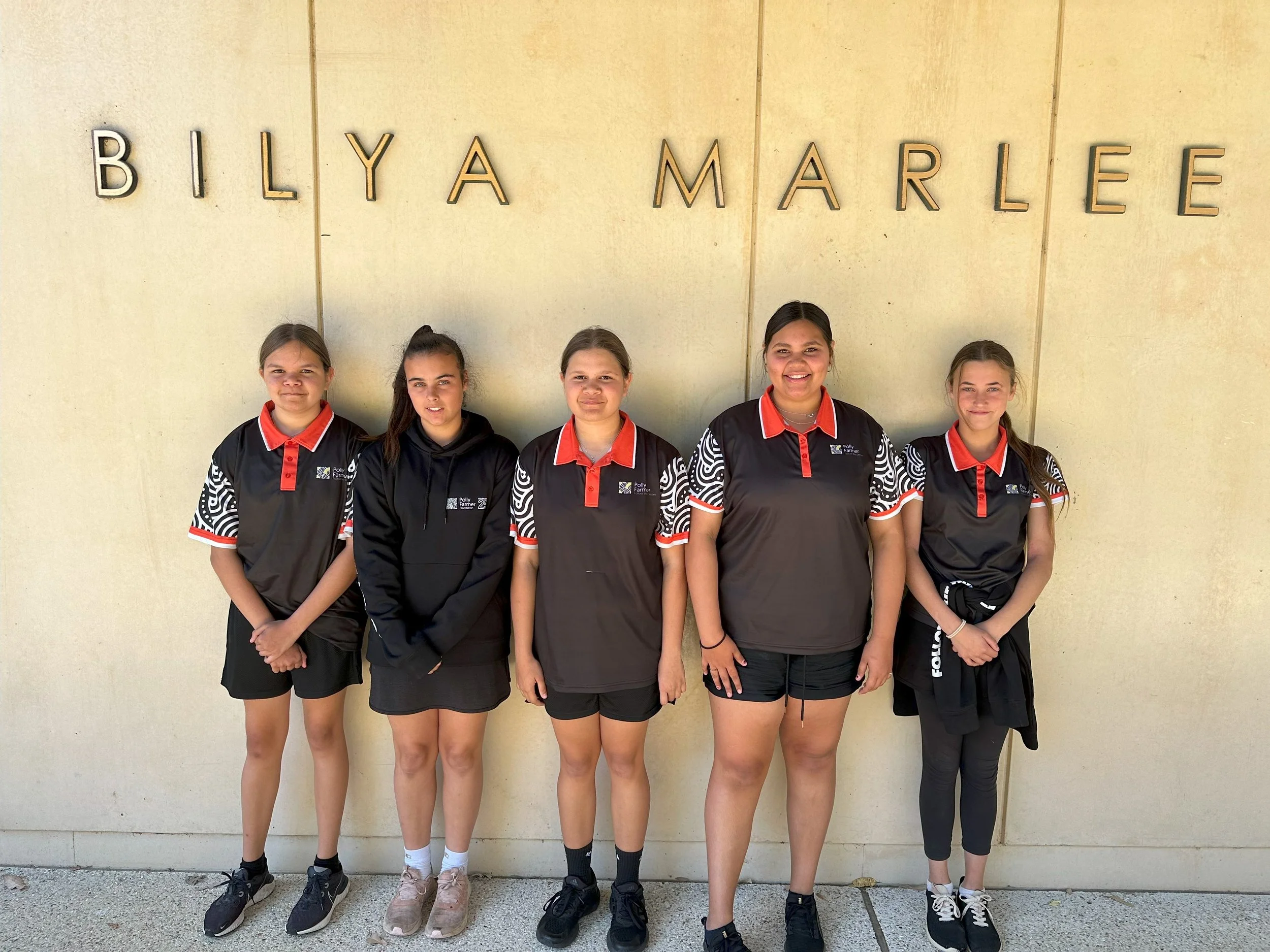Learning what works for Aboriginal and Torres Strait Islander students
A new Impact Framework is helping Polly Farmer Foundation (PFF) refine its approach, measure success, and pave the way for even greater outcomes for Aboriginal and Torres Strait Islander students.
Beyond the data
For more than 25 years, PFF has supported Aboriginal and Torres Strait Islander students to complete school and transition into successful post-school pathways. Their flagship program, ‘Follow the Dream’ (FTD) provides academic, personal, and practical support to over 2,000 secondary students across more than 100 schools in four states, and there is data showing that students in the FTD program achieve strong educational outcomes.
In 2023, PFF approached ThirdStory (then Innovation Unit Australia New Zealand) to evaluate the national impact of its FTD program. Developing a set of practical tools and methods would allow PFF to demonstrate and quantify the impact they have and understand how to improve.
What drives success?
The organisations worked together to develop a comprehensive Impact Framework to capture the essence of what works and ensure PFF’s transformative mission can adapt to future needs. The framework consists of:
A small set of replicable, focused outcome indicators aligned with PFF’s strategic priorities;
Baseline data collection that provides a tangible measure of the program’s effectiveness; and
A set of tools including surveys, interview guides, and data visualisations that can be used by PFF itself to measure progress.
As a result, for the first time, the PFF had specific information about not just the outcomes of the program, but what it was about the program that made it work. These are:
Having the right people in the program and relationships between participants and others in their FTD learning community;
Giving students the opportunity to meet and learn from other Aboriginal and Torres Strait Islander young people, role models and mentors;
Providing a safe and welcoming environment that supports strong connections to self, others and culture for Aboriginal and Torres Strait Islander students; and
Offering practical day-to-day support to students so they have the best chance of engaging in school and feeling motivated to make progress towards their goals.
“Without Follow the Dream, I wouldn’t have built my resumé, finished Year 12. I definitely wouldn’t have the life I have now if it wasn’t for Follow the Dream.”
Listening and learning together
We collaborated closely with PFF staff, Board members, managers, teaching staff, and former students to map the program’s unique contributions. This process included:
Reviewing previous evaluations and identifying gaps and strengths;
Conducting online surveys with 215 responses from alumni, current students, family members and program coordinators; and
Engaging in in-depth interviews with alumni who had previously completed the program.
PFF has evidence-backed insights into what makes Follow the Dream so effective. The Board and staff are excited to use these findings to:
Demonstrate clear outcomes to funders and stakeholders;
Implement targeted improvements, such as enhanced Year 13 support; and
Continue measuring impact with streamlined tools for ongoing learning and adaptation.
The meaningful and evidence-based findings spotlight targeted improvements which are likely to lead to even better outcomes and experiences for students. This project has positioned the PFF to deepen its support for Aboriginal and Torres Strait Islander young people, ensuring that every student can truly follow their dreams.
Project team
Jay Martin Director, Evaluation and Impact
Claire Dodd Senior Project Lead
Emma Whettingsteel Senior Project Lead

